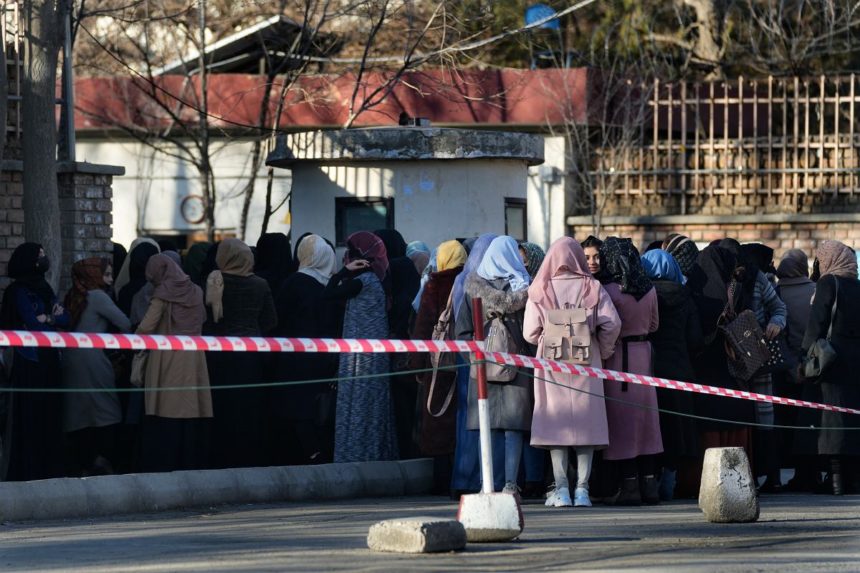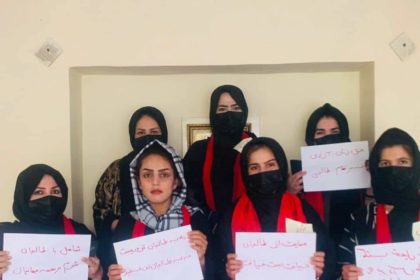RASC News Agency: Shir Mohammad Abbas Stanikzai, the political deputy of the Ministry of Foreign Affairs of the Taliban group, recently emphasized the utmost significance of education, affirming it as an undeniable phenomenon that should be accessible to all. These remarks, conveyed through a prominent social media platform on the 22nd of October, underscored Stanikzai’s recognition of the transformative power of education. He asserted that with the guidance of proficient educators, education has the potential to bring about profound positive change within individuals and society as a whole.
However, it is disheartening to note that these statements were made against the backdrop of the Taliban group’s restrictions on girls above the sixth grade, effectively barring them from attending school since assuming control of the country. In addition, the gates of universities remain closed to them, thereby significantly impeding their access to higher education.
Furthermore, the high-ranking officials of the Taliban in the Ministry of Education and the Ministry of Higher Education have failed to present any convincing rationale for the exclusion of girls from education. While they claim to be working towards a resolution, no concrete progress has been made thus far. Disturbingly, the Taliban has also enforced a ban on girls attending any educational centers across the country’s provinces, further stifling their opportunities for growth. It is paramount to acknowledge that the Taliban has imposed pervasive restrictions on the lives of girls and women since seizing control, actively attempting to eradicate their presence from society.
Significantly, the Taliban’s oppressive treatment of Afghanistani women and girls, combined with their regressive stance on education, has ignited widespread demonstrations across numerous provinces of the nation. Both local and global governing bodies have consistently urged the Taliban to grant girls access to education by allowing them to attend schools and universities. Despite these calls for progress, the Taliban has exhibited persistent inflexibility and shown no inclination to comply with these requests.
In conclusion, the urgent need to address the Taliban’s oppressive approach to Afghanistani women and girls, along with their retrogressive stance on education, has mobilized extensive protests throughout the country. Efforts from domestic and international authorities urging the Taliban to grant girls equal educational opportunities have been met with obstinance and an absence of willingness to amend their policies.






